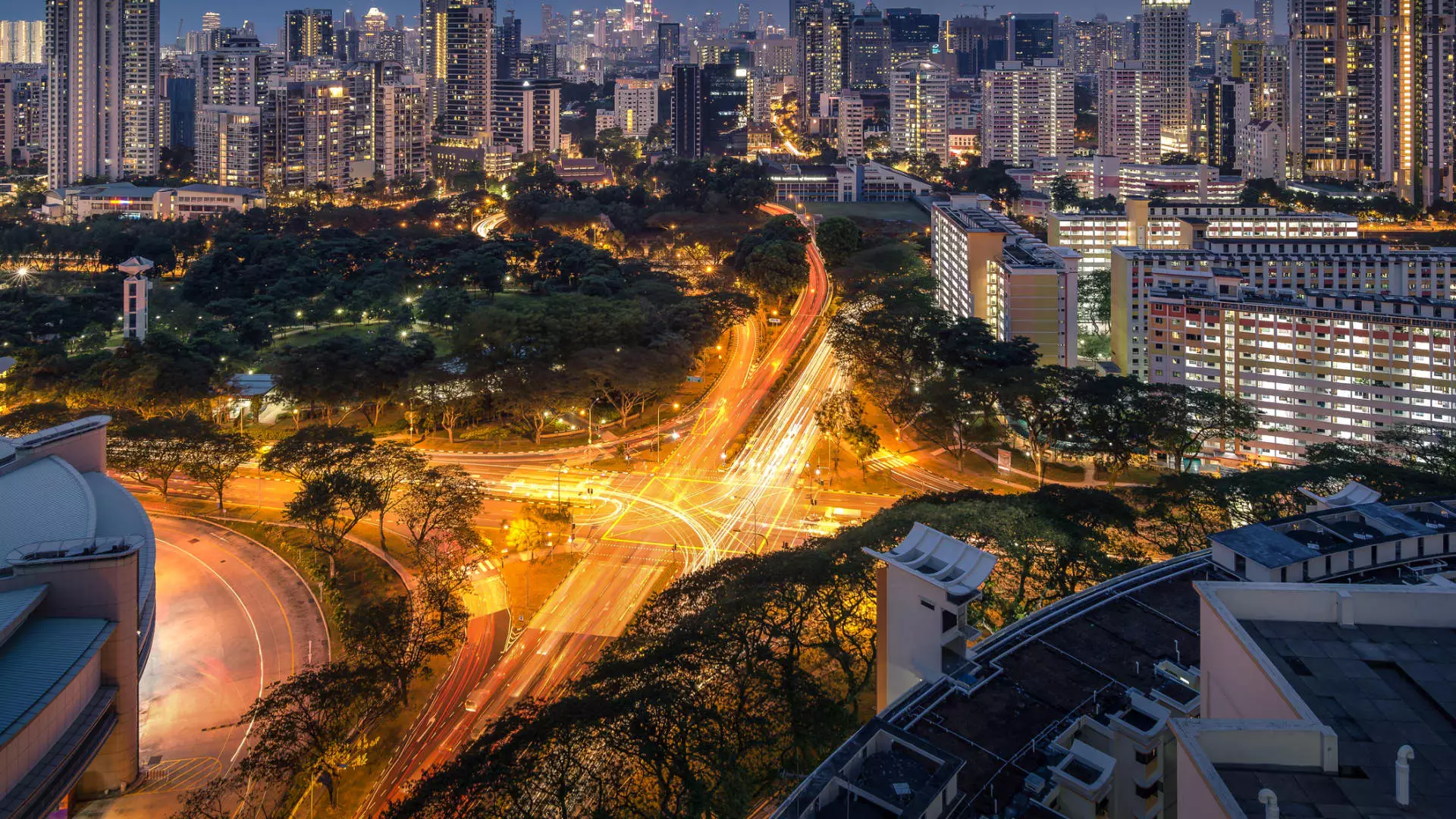In a notable shift, Singapore’s private home prices have recorded their first decline in five quarters, highlighting a changing landscape in the real estate sector. According to preliminary data from the Urban Redevelopment Authority (URA), the private home price index dropped by 1.1% in the latest quarter compared to the prior three-month period. This downturn disrupts a previously established pattern of growth and reflects broader economic uncertainties impacting buyer confidence.
Compounding the downward trajectory in home prices is a significant fall in sales transactions, which decreased by around 11% in the third quarter. Over the first three quarters of 2024, transactions have dipped by 8.1% compared to the same timeframe last year. This decline indicates not only a shift in buyer sentiment but also suggests that prospective homeowners are exercising caution amid fluctuating macroeconomic conditions. Such a cautious stance can often lead to an accumulation of inventory in the market, which may further influence price dynamics down the line.
The URA attributes the current market conditions to uncertainties stemming from global geopolitical events and changes in interest rates. Despite the soundness of the macroeconomic environment, these external factors have made buyers hesitant, resulting in a noticeable slowdown in activity. Many potential buyers may have decided to delay purchases, hoping for favorable shifts in U.S. interest rates following the Federal Reserve’s anticipated cuts. Interestingly, despite these cuts, local mortgage rates in Singapore are expected to remain significantly higher than the lows seen over the past decade, compelling buyers to remain judicious in their property acquisition strategies.
Housing and Development Board (HDB) Market Trends
While private home prices falter, resale prices for Housing and Development Board (HDB) flats have surprisingly risen by 2.5% in the same timeframe, coupled with a 20% increase in resale volumes. This divergence between the private and public housing sectors signifies a complex and multifaceted property market in Singapore. The recent measures enacted to cool the public housing market underscore the government’s commitment to stabilizing housing prices, suggesting an awareness of the potential for inflationary pressures in this segment.
The ongoing assessment of market conditions by government authorities indicates a proactive approach to real estate regulation. With the URA and HDB continuously monitoring trends, a pledge to adapt policies as necessary emerges, aimed at fostering a stable and sustainable housing market. This oversight reflects an understanding of the cyclical nature of real estate and the need for adaptive strategies in response to economic fluctuations.
The downward shift in Singapore’s private home prices amidst a decline in sales transactions highlights a growing cautiousness among buyers. As both economic and geopolitical factors shape market dynamics, the government’s role in maintaining a balanced property market remains crucial. Continuous monitoring and policy adjustments will be imperative in navigating the current landscape and ensuring future resilience amidst ongoing global uncertainties.

